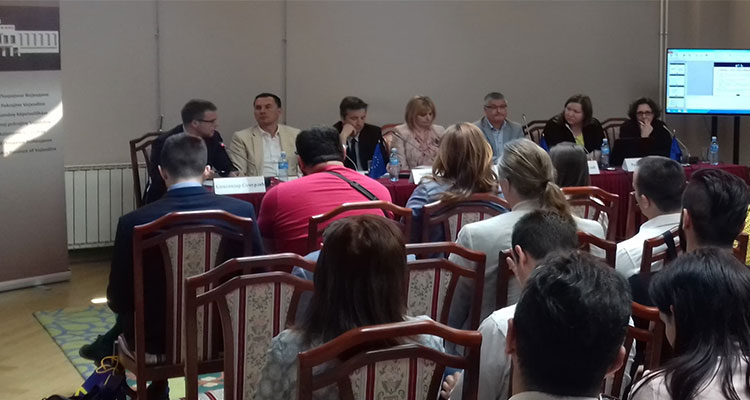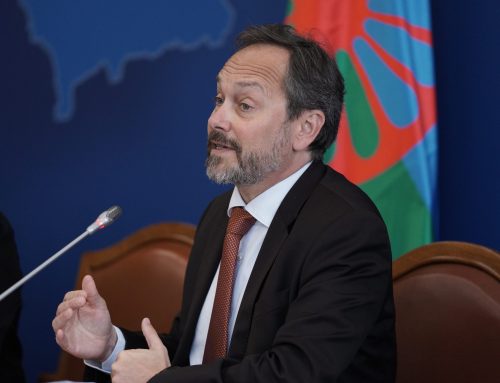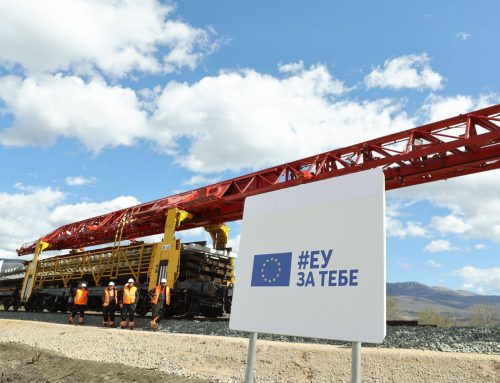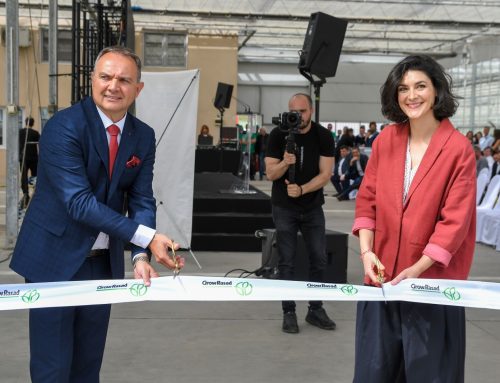Participants in the presentation of the European Commission’s Annual Report on Serbia – which took place at the Assembly of the Autonomous Province of Vojvodina – concluded that the document highlighted positive shifts in Serbian economy, while pointing to slower progress in the areas of media freedom, the rule of law and fight against organised crime and corruption.
The EC Report was presented by Head of European Integration Section and Economic Affairs of the EU Delegation to Serbia Radica Nusdorfer, who detailed the economic sections of the Report.
“The economic part of the Report has a very positive feel; however, there are a few areas where we expect Serbia to take a more direct and efficient approach. Business environment is one of them; improving it would bring new investments, both domestic and foreign. Also, the Report pointed to the need to restructure the state-owned enterprises. Fiscal results are great, but enterprises that haven’t undergone restructuring remain a threat to fiscal stability, so we would like to see Serbia making more effort in this regard. Naturally, accompanying structural reforms are equally important – as regards the business climate and taxation authority, in order to enforce taxation policy more efficiently,” she said.
The presentation was participated in by representatives of local self-governments in Vojvodina, various local and provincial institutions and organisations as well as CSOs. The Deputy Speaker of the Provincial Assembly Snezana Sedlar and the Assistant Provincial Secretary for regional development, interregional cooperation and local self-government Nebojsa Drakulic also gave their keynote speeches.
“We were pleased and encouraged by the positive Report. It said that there is neither stagnation, nor backsliding. We need to make more effort and devote more time to the part dealing with public administration and fight against organised crime. When it comes to Vojvodina, we are particularly interested in maintaining and promoting the interregional cooperation, that is to keep taking part in cross-border cooperation projects. It is what it takes to improve the quality of life in Vojvodina as it concerns major infrastructure projects,” Drakulic said.
The discussion – which followed the keynote addresses – was participated in by Head of Interregional Cooperation of the Autonomous Province of Vojvodina Sanja Siflis, professors Vladimir Medovic and Dragan Ilic of the Faculty of Economy and Engineering Management in Novi Sad, and the Secretary General of the European Movement of Novi Sad Aleksandar Simurdic. Head of European Integration Section and Economic Affairs of the EU Delegation to Serbia Radica Nusdorfer also commented on 2025 EU enlargement.
“The enlargement is definitely on EU’s agenda; the February Strategy for the Western Balkans confirmed it. However, the EU indeed needs to get ready to absorb new members. This was the case with all of the previous enlargements. Slovenia, the country I come from, became a member in 2004. But we had to wait for the EU to get ready for us. But things are running their own course, meaning that by 2025, the EU should be ready to accept new members. The question is whether potential candidates would be ready by then. We hope they will,” Nusdorfer said.
European Commission’s Annual Report on Serbia – covering the period between October 2016 and April 2018 – was handed over to Serbian Prime Minister Ana Brnabic by the Head of EU Delegation to Serbia Ambassador Sem Fabrizi on 17 April. Read the full Report at https://ec.europa.eu/neighbourhood-enlargement/sites/near/files/20180417-serbia-report.pdf




